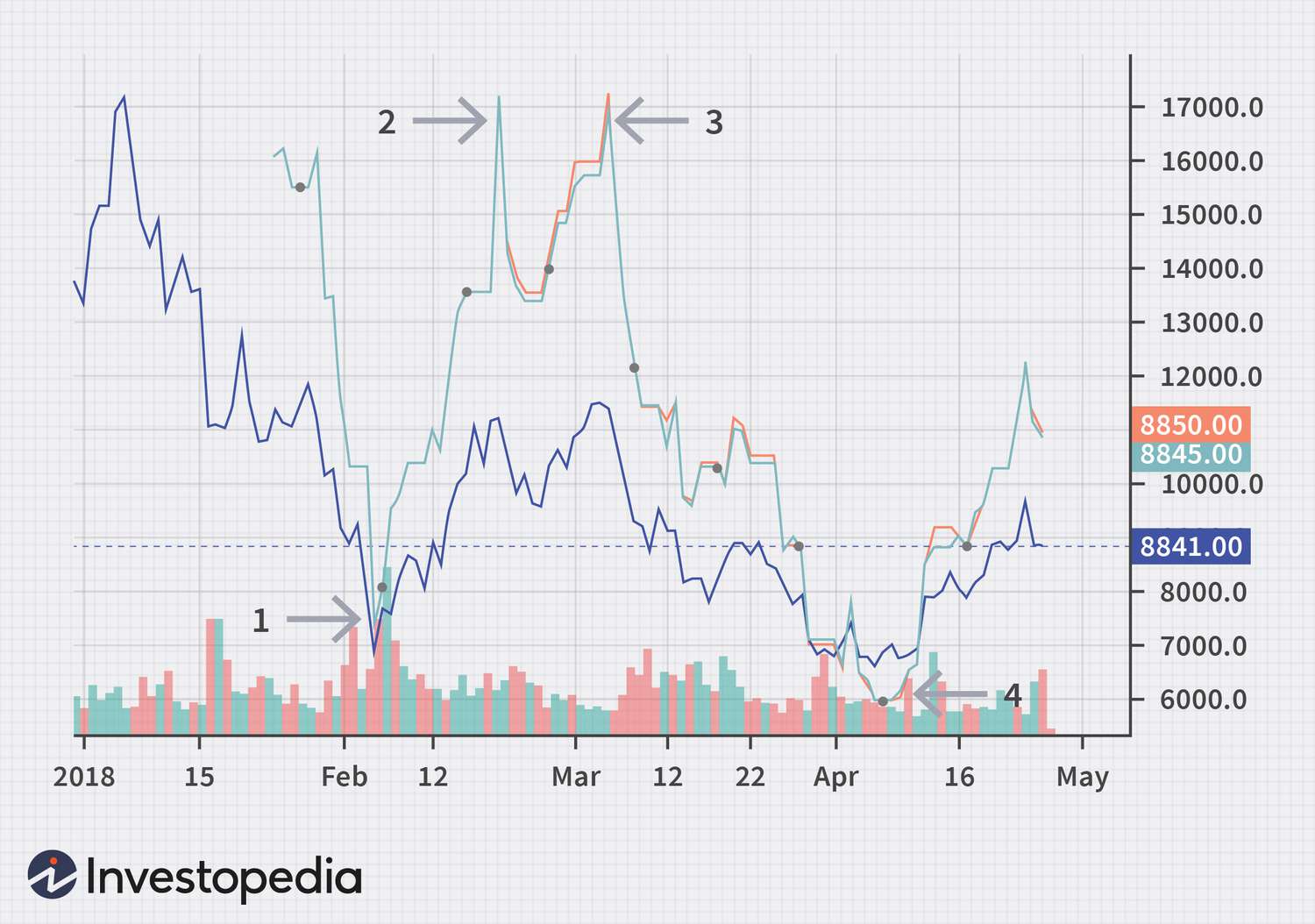
CME Group, the world’s largest futures exchange, is planning to launch bitcoin trading, aiming to capitalize on surging demand this year among Wall Street money managers to gain exposure to the cryptocurrency sector.
The Chicago-based group has been holding discussions with traders who want to buy and sell the cryptocurrency on a regulated marketplace. This plan, which has not yet been finalized, would mark a further encroachment by major Wall Street institutions into the digital assets sector following the US Securities and Exchange Commission’s approval in January of stock market funds that invest directly in bitcoin.
Introducing spot bitcoin trading on CME, which already hosts trading in bitcoin futures, would allow investors more easily to place so-called basis trades.
A common strategy among professional bitcoin traders and a staple of the US Treasury market, basis trading involves borrowing money to sell futures while buying the underlying asset, and extracting gains from the small gap between the two. The bulk of the Treasury basis trade takes place on CME venues.
 Bitcoin trading on CME
Bitcoin trading on CME
Some of the world’s largest financial institutions have turned from bitcoin skeptics into advocates, thanks to its sharp rebound from a 2022 low to hit a record high earlier this year, as well as its growing acceptance among investors as a tradeable asset and a crackdown by regulators on illegal market activity.
Although the token has lost one-fifth of its value since its March peak above $73,000, the exchange-traded funds linked to the coin have become the fastest-growing ETFs of all time. Hedge funds, including Bracebridge Capital, and pension funds, such as Wisconsin Investment Board, are among the large investors that have poured more than $10bn of assets into vehicles run by asset managers including BlackRock, Fidelity, and Ark.
In March, Larry Fink, chief executive of BlackRock, said he was “long-term bullish” on bitcoin. CME has been one of the biggest beneficiaries of the wave of renewed institutional interest, overtaking Binance as the world’s largest bitcoin futures market, as traders try to profit from the coin’s volatility.
CME, which caters largely to hedge funds and proprietary traders, has about 26,000 open positions, worth around $8.5bn, on its market in Chicago, more than double the amount a year ago. Its potential spot trading business would be run through the EBS currency trading venue in Switzerland, which has extensive regulations governing the trading and storing of crypto assets.
 Bitcoin futures on CME
Bitcoin futures on CME
Large traditional exchange operators have a patchy record in trading spot cryptocurrencies. Deutsche Börse opened its own digital assets market this year, but CBOE Global Markets, the CME’s crosstown rival, last month said it would close down its spot market business, blaming a lack of clear US regulation.
One crypto trading executive questioned whether CME could build significant market share if its bitcoin trading business operated as two markets, CME in Chicago and EBS in Switzerland. “I struggle to see how they would get all the efficiencies available to them,” he said.
He added that the biggest benefit of CME’s move was that large regulated exchanges were becoming more comfortable with the infrastructure for trading digital assets, such as keeping coins safely secured. That means exchanges could soon accept crypto-related collateral, such as tokenized money market funds, to make more timely margin calls, he said.
 Bitcoin trading on CME
Bitcoin trading on CME















